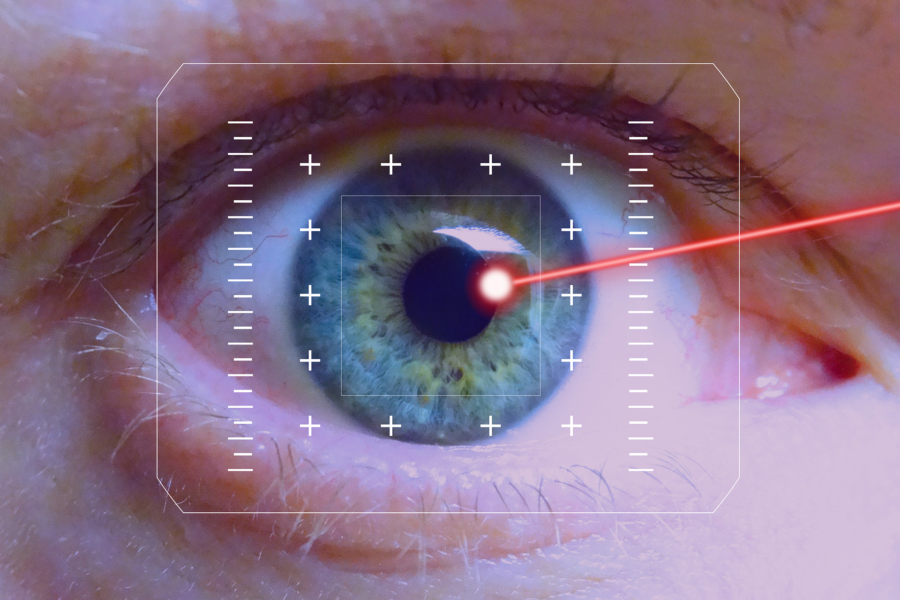Questions You Must Ask Before Undergoing a Cataract Treatment

If the lens of your eye becomes cloudy due to protein clumps, it is called cataracts. If not treated immediately, your vision can deteriorate over time. Cataract surgery involves replacing your lens with an artificial lens to get rid of the cloudiness.
Surgery is no small matter, and you need to know all the details before you go ahead with the appropriate procedure for your cataract condition. Here are some questions you should ask your doctor before you proceed with your cataract treatment:
Who Will Perform The Surgery?
Understandably, you are anxious about having cataract surgery, so make sure you get the best surgeon with the relevant specialisation for your needs. A trained surgeon who has a high success rate and has completed numerous surgeries will help keep your mind at ease and ensure that your surgery goes well.
What Type of Surgery Should You Choose?
You can choose from the two options available – phacoemulsification or the traditional way and laser surgery which is more advanced and accurate. Phacoemulsification is carried out by a surgeon by first creating a tiny incision and then dissolving the cataract with a high-frequency ultrasound device.
With laser cataract surgery, the surgeon is assisted by a high-precision laser to make the incision and continue with the cataract fragmentation. Not everyone’s eye is built in a way to handle laser surgery. Consult with your doctor and choose the proper procedure for you.
Will You Need Glasses Post-Surgery?
If you go through a procedure that uses a monofocal lens, then you might still require your reading glasses. But if you choose a multifocal lens, then you won’t need to wear glasses again.
How Much Are The Surgery Costs And Insurance Coverage?
The surgery cost depends on the level of complications and the specific procedure you are choosing. Most insurance policies cover the basic cataract surgery, that is, a monofocal phacoemulsification surgery. Laser-assisted surgeries and multifocal lens surgeries are typically not covered by insurance, but you can seek help from various financial institutions.
Does The Surgery Hurt?
You will be kept under anaesthesia during the surgery, so you will not feel a thing. The doctor will also provide you with the right medication before the surgery to make you feel calm.
How Long Does The Operation Take?
The operation itself takes around twenty minutes. But the entire procedure, including a detailed brief on the surgery, preparation, and post-surgery care, will take around two and a half hours.
What Are The Complications?
Individuals with extreme near-sightedness are prone to retinal detachment. Surgeons usually consult a retinal specialist in case of emergencies or take safety measures before the surgery to ensure a smooth procedure.
How Long Do The Benefits Last?
Cataract surgery is a one-time procedure and usually lasts for a lifetime. There can be a slight blur in some rare cases because of the capsule that contains the lenses, but this is rectified with laser treatment.
Can You Drive A Vehicle After Surgery?
Your eyes will take a maximum of 24 hours to regain complete vision after surgery. Also, it would be best if you waited for the effects of the anaesthesia to wear off to drive with full consciousness. So, it’s best to wait a day or two before taking out your car.
How Should You Sleep Safely After Surgery?
Usually, the surgeon will provide or recommend a suitable shield to protect the eyes. You might even have to wear an eye patch during the day to protect your eyes from non-sterile matter.
Can You Bathe After Surgery?
Be careful not to get any dust, dirt, or other particles into your eye. It is also best to prevent water from entering the operated eye. You can bathe one day after the surgery but keep your eyes closed so that nothing gets in.
Stay as informed as possible, so you have no anxieties or doubts before your surgery. Approach reliable doctors for your cataract treatment to ensure the best results.